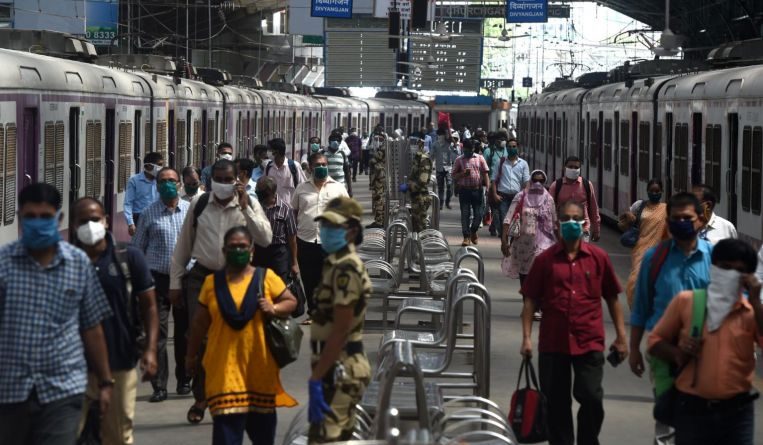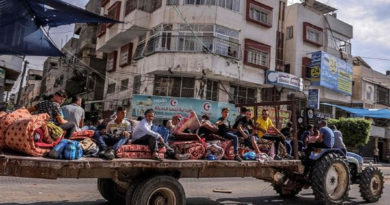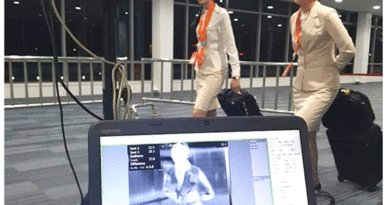COVID-19 PANDEMIC: India surges past 2 million coronavirus cases, angry health workers launch a strike
BENGALURU/MUMBAI, (REUTERS) – India, the country hardest hit in Asia by the coronavirus pandemic, reported on Friday (Aug 7) a record daily jump in infections, taking its total number of cases over two million, as government struggled to contain the spread amid striking health workers.
It is the third nation to pass that unwanted milestone, lagging behind only the United States and Brazil. With infections spreading further to smaller towns and rural areas, experts say the epidemic in India is likely to be months away from hitting its peak, putting more strain on an already overburdened healthcare system.
And authorities are having to deal with multiple outbreaks across a nation of 1.3 billion people.
“A country of India’s size and diversity has multiple epidemics in different phases,” said Rajib Dasgupta, head of the Centre of Social Medicine and Community Health at the Jawaharlal Nehru University in New Delhi.
The health ministry said on Friday there were 62,538 new infections, taking the country’s total to 2.03 million. India has been posting an average of around 50,000 new cases a day since mid-June, but experts say its testing rate at 16,035 per million people is far too low.
Still, the government has taken some solace from the relatively low death rate, at about 2 per cent, with 41,585 deaths so far, though that figure will be understated as only deaths of people who have been tested for the virus are counted.
Epidemiologists say the epidemic in India is likely to be months away from hitting its peak, which will put an already overburdened healthcare system under more strain.
More than 3.5 million health workers, who have been the foot-soldiers in the Covid-19 detection efforts across India, embarked on a two-day strike from Friday to secure better wages and proper protective equipment.
“At least 100 health workers have died of Covid-19 in the country so far, but there has been no insurance provided to them by the government,” said A. R, Sindhu secretary of the Centre of Trade Unions, a key participant in the ongoing strike.
Accredited Social Health Activists or ASHA workers, are the government’s recognised health workers who are usually the first point of contact in economically deprived sections, where there is limited or no direct access to health-care facilities.
They have been conducting door-to-door checks to trace Covid-19 patients.
A total of 10 unions representing the workers, who also include ambulance drivers and cooks at community centers, joined the strike. A majority of them work on contracts with state governments at a monthly salary of about 3,000 Indian rupees ($54.89).
“In some places, we had a lot of difficulty reaching households, especially in the mountainous regions… Households would be very far apart and we had to get to each of them on foot,” Nagalakshmi.D, a union leader of ASHA workers in the southern state of Karnataka told Reuters.
“During rains, we had to cross rivers by boat and rope bridges too,” she said.
Prime Minister Narendra Modi imposed a strict lockdown on March 25, during the initial stages of the outbreak, causing mass movement of migrant workers from cities back to their villages.
Several states including Bihar in the east, where many migrants returned, have witnessed a surge in cases in recent weeks as the lockdown has been eased to salvage a sagging economy.




SIGN UP TO RECEIVE OUR EMAIL
.
The most important news of the day about the ASEAN Countries and the world in one email: [email protected]
8.9.2020










